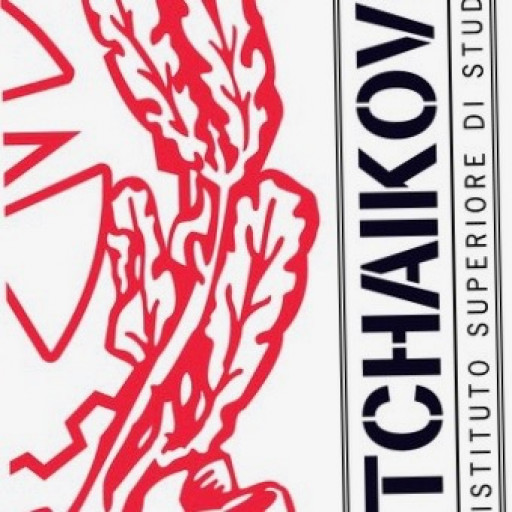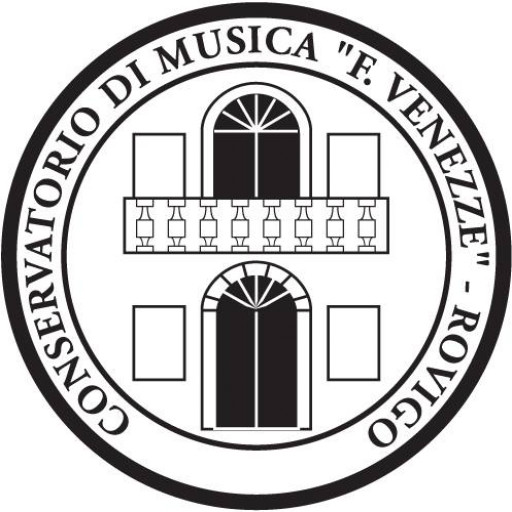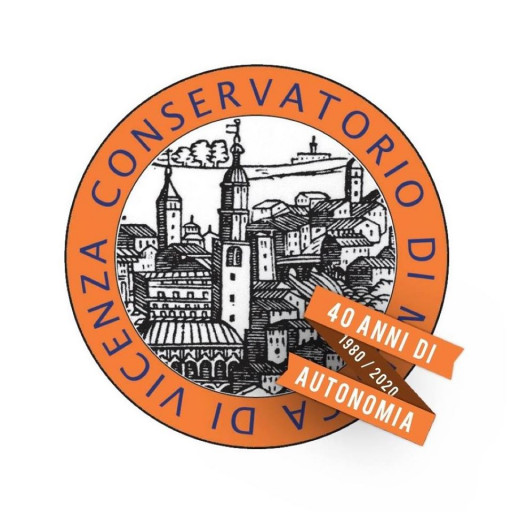Photos of university / #soasuni
Ethnomusicology at SOAS University of London offers an innovative and comprehensive exploration of the world's diverse musical cultures, focusing on their social, cultural, political, and historical contexts. This programme is designed for students passionate about understanding the significance of music in different societies and seeking to develop expertise in analyzing musical traditions from around the globe. Throughout the course, students engage with a wide range of musical genres, including folk, classical, popular, and contemporary styles, examining their development, performance practices, and cultural meanings.
The programme combines theoretical approaches with practical engagement, encouraging students to participate in fieldwork, sound recordings, and ethnographic research. Students will gain a strong foundation in musical analysis, ethnographic methods, and cultural theory, enabling them to critically evaluate how music functions within diverse communities. Additionally, modules cover topics such as the politics of music, identity, globalization, technology, and the role of music in social and political movements.
Offered at undergraduate and postgraduate levels, the degree programmes are tailored to foster critical thinking, cross-cultural understanding, and research skills. The university’s distinguished faculty members are experts in their fields, providing mentorship and guidance tailored to individual research interests. Facilities include access to extensive collections of music recordings, archives, and ethnographic research resources.
Graduates of the programme pursue careers in academia, cultural preservation, arts management, music production, and more, equipped with the knowledge and skills to contribute to the understanding and appreciation of global musical diversity. The programme’s interdisciplinary approach ensures students develop a nuanced perspective on the role of music as a universal form of human expression and social communication. With its rich academic environment and vibrant campus life, SOAS provides an ideal setting for students committed to exploring the rich tapestry of world music through rigorous scholarship and practical experience.
Ethnomusicology at SOAS University of London offers an in-depth exploration of the world's diverse musical traditions, focusing on their social, cultural, and historical contexts. This programme is designed for students passionate about understanding the role of music within various societies and interested in examining how musical practices shape and are shaped by cultural identities, political movements, and social change. Throughout the course, students engage with a wide array of musical genres, from indigenous and folk traditions to contemporary world music, employing both ethnographic fieldwork and academic analysis to deepen their understanding.
The curriculum covers fundamental concepts of ethnomusicological theory, music analysis, and cultural studies, providing students with the skills necessary to conduct research in different cultural settings. Students explore topics such as oral transmission, aesthetics, performance practices, sacred and secular music, and the impact of globalization on traditional musical forms. The programme emphasizes experiential learning, encouraging students to participate in fieldwork, attend live performances, and collaborate with practitioners from diverse musical backgrounds.
In addition to core modules, students have the opportunity to specialize in particular regions or themes, such as African music, Asian musical traditions, Middle Eastern soundscapes, or the politics of music and performance. The programme also integrates multidisciplinary perspectives, integrating insights from anthropology, history, and media studies, which enrich students' understanding of the complex relationship between music and society.
Graduates of the Ethnomusicology programme at SOAS are well-equipped for careers in academia, cultural policy, music management, broadcasting, and non-governmental organizations focused on cultural preservation and development. The programme prepares students to think critically and creatively about music, offering a comprehensive foundation for further research or professional work in the global music industry. With access to SOAS’s extensive resources, including archives, libraries, and connections with global music communities, students are immersed in a vibrant academic and cultural environment that fosters innovative scholarship and practical engagement with world music.
The BA in Ethnomusicology at SOAS University of London requires students to complete a comprehensive curriculum that includes core modules, option modules, and a dissertation. The programme is designed to provide a deep understanding of world music traditions, their social, cultural, and historical contexts. Students must undertake foundational courses such as "Introduction to Ethnomusicology," which covers basic concepts and methodologies used in the field, and "Music of South Asia," to explore one of the world's most diverse musical regions. Further core modules include "Music and Identity," examining how music shapes cultural identity, and "Music and Society," which investigates the role of music in social structures and interactions.
In addition to core coursework, students select option modules tailored to their interests from a wide array of topics such as African music, Middle Eastern music, East Asian music, and specialized ethnomusicological research methods. These options allow students to gain regional expertise or focus on specific themes like music and politics or popular music studies. A significant component of the programme is the research dissertation, usually around 10,000 words, which enables students to engage in independent research under faculty supervision. Throughout their studies, students are encouraged to participate in practical workshops, fieldwork opportunities, and performances to enhance their experiential learning and ethnographic skills.
Assessment methods include written essays, coursework, presentations, and the final dissertation. The programme emphasizes critical listening, analytical skills, and cultural sensitivity, preparing graduates for careers in academia, cultural preservation, ethnomusicological consultancy, or related fields. To graduate, students must successfully complete all modules with passing grades and submit their dissertation by the designated deadline. The programme’s structure and requirements aim to foster a comprehensive understanding of ethnomusicology as a discipline, equipping students with both theoretical knowledge and practical skills necessary for advanced study or professional work in musical anthropology and cultural heritage sectors.
The Ethnomusicology program at SOAS University of London offers a range of financing options to support students throughout their studies. Prospective students are encouraged to explore scholarships, bursaries, and funding opportunities available specifically for international and domestic students pursuing postgraduate degrees. The university provides various merit-based scholarships, which are awarded based on academic achievement, as well as need-based bursaries aimed at supporting students with limited financial resources. Additionally, students may be eligible for external funding from government schemes, cultural organizations, or educational trusts that support study in the arts and humanities.
SOAS also participates in the UK government’s student loan schemes for eligible students, enabling them to finance their tuition fees and living costs over the course of their studies. It is advisable for students to apply early for scholarships and financial aid to increase their chances of securing funding. The university’s financial aid office provides dedicated support to help students identify suitable funding options and assist with the application process.
Moreover, many students often supplement their income through part-time work, internships, or research assistant positions offered by the university or related cultural institutions. Living in London, students have access to numerous resources and opportunities that may assist in managing their finances. It is recommended that students carefully plan their budget, considering tuition fees, accommodation, insurance, books, and personal expenses, to ensure a smooth academic journey.
Overall, the university’s strong network of funding sources, along with dedicated support staff, helps students minimize financial barriers and focus on their academic and research pursuits in ethnomusicology. The exact amount of funding available can vary each year, and prospective students are encouraged to visit the SOAS website and contact the admissions office for the most current information.
Ethnomusicology at SOAS University of London is a comprehensive and dynamic program focused on the study of music in its cultural, social, and political contexts. This programme explores a wide range of musical traditions from around the world, emphasizing the importance of understanding music through interdisciplinary approaches that include anthropology, history, sociology, and performance studies. Students engaging in this course will have the opportunity to examine the role of music in identity formation, cultural expression, political activism, and communal life across various societies.
The curriculum offers courses that delve into the history and theory of music, ethnographic research methods, and specific regional studies such as West African, South Asian, Southeast Asian, Middle Eastern, and East Asian music traditions. Practical components, including performance and fieldwork, are integral parts of the learning experience, enabling students to develop both theoretical knowledge and practical skills. The programme encourages active participation in ethnographic fieldwork, often involving travel and direct engagement with musicians and communities.
Faculty members are renowned scholars in their respective fields, providing students with mentorship and cutting-edge research insights. The program also emphasizes critical thinking about the cultural significance of music and the ways in which music functions within global and local contexts. Graduates of the MSc Ethnomusicology program are well-equipped for careers in academia, cultural policy, arts administration, or cultural consultancy. The program's location in London provides students access to diverse musical scenes, archives, museums, and cultural festivals, enriching their educational experience.
The university's facilities support advanced research, including access to audio-visual resources, ethnographic research tools, and extensive library collections specializing in world music. The environment fosters an inclusive, international community of students and academics who share a passion for understanding music's role across diverse cultures. The programme typically runs for one year full-time and offers flexible options for part-time study, accommodating students from various backgrounds and professional interests. Overall, SOAS’s Ethnomusicology program aims to cultivate globally aware, culturally sensitive music scholars and practitioners.










